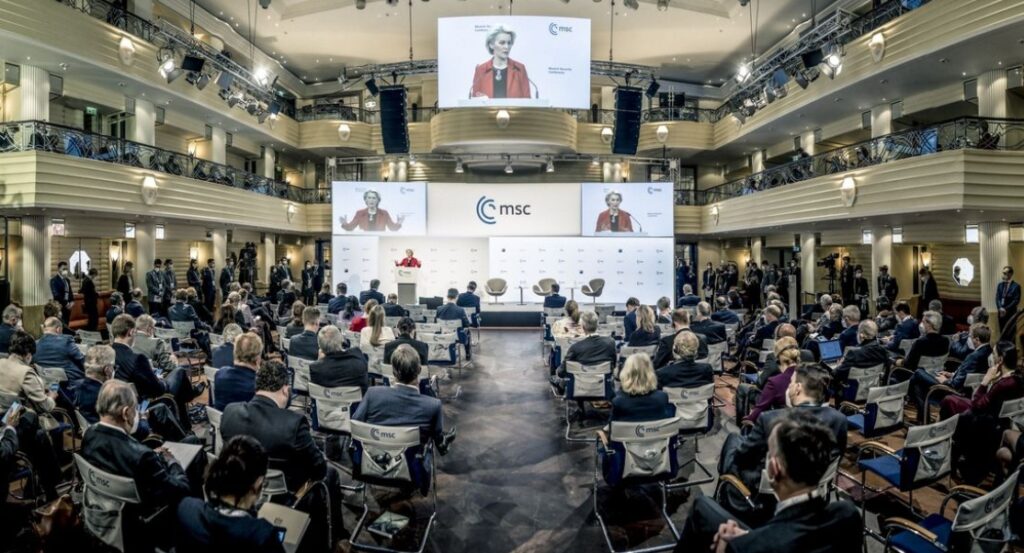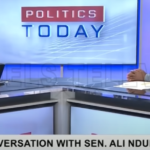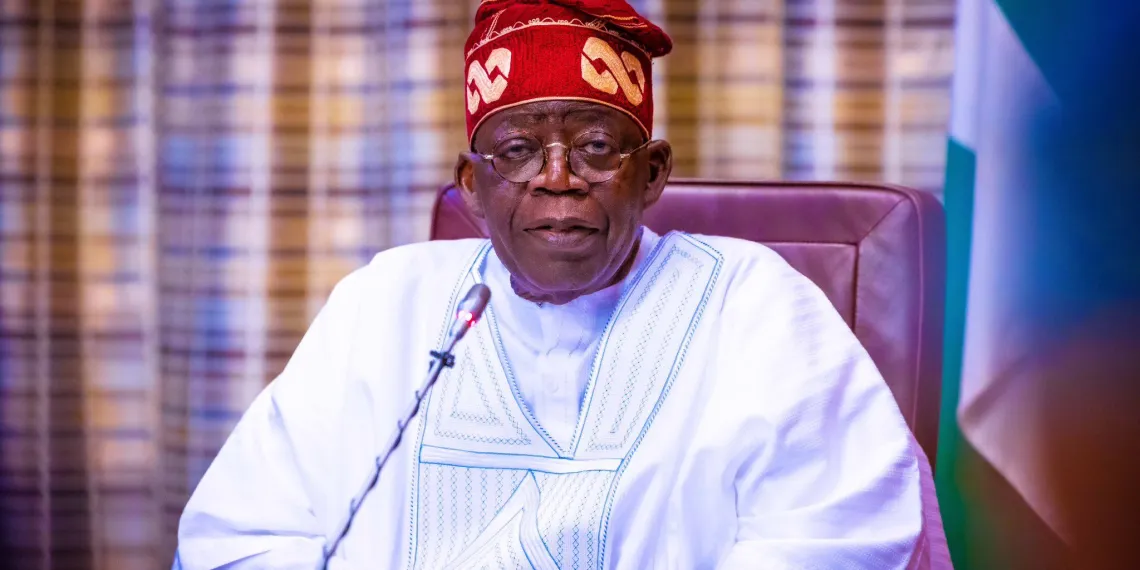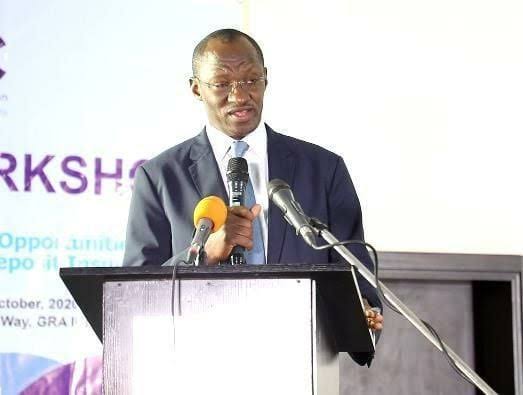Judicial Confusion and Public Rejection of Court Judgments in Nigeria-Part 1

Nigeria’s judiciary, tasked with interpreting laws and resolving disputes, has faced increasing criticism over perceived inconsistencies and confusion arising from its judgments. This report investigates why litigants and the public often emerge more perplexed after court proceedings, particularly in high-stakes electoral cases such as the 2023 gubernatorial elections in Imo and Edo states and the presidential election. By analyzing legal frameworks, case law, and public reactions, this report identifies systemic and procedural flaws contributing to distrust in judicial outcomes.
I. Legal Framework and Systemic Challenges
1. Ambiguity in Statutory Interpretation Rules
Nigerian courts rely on principles like the literal rule, golden rule, and mischief rule to interpret laws. However, these rules often lead to conflicting interpretations. For example:
- The literal rule prioritizes the plain meaning of statutes, even if it leads to harsh outcomes, as seen in R. v. Bangaza. https://www.learnnigerianlaw.com/learn/legal-system/interpretation
- The mischief rule allows courts to consider legislative intent, but its subjective application can create unpredictability, as in Akerele v. Inspector-General of Police.
This inconsistency leaves litigants uncertain about which approach courts will adopt in similar cases.
2. Overlapping Jurisdictions and Hierarchical Conflicts
Nigeria’s multi-tiered court system includes federal and state courts, Sharia/Customary Courts, and specialized tribunals (e.g., Election Tribunals, National Industrial Court) 39. Confusion arises when:
- Election Tribunals and regular courts issue conflicting rulings on electoral matters. The Hierarchy of Courts in Nigeria Explained » PIECE — WITHIN NIGERIA
- The Supreme Court occasionally overrules its own precedents, as seen in Bucknor-Maclean v. Inlaks Ltd., undermining legal certainty . https://www.learnnigerianlaw.com/learn/legal-system/caselaw
3. Finality vs. Fallibility of Supreme Court Judgments
While Section 235 of the 1999 Constitution grants the Supreme Court final authority, its judgments are not immune to errors. The “slip rule” allows minor corrections, but substantive reviews are prohibited, leading to public frustration when perceived injustices remain unaddressed. https://lawpavilion.com/blog/reviewing-supreme-court-judgments-in-nigeria-is-it-possible-an-introspection-of-the-slip-rule-principle/
II. Case Studies: 2023 Electoral Disputes
1. Imo State Governorship Election: Hope Uzodimma
- Background: INEC declared Hope Uzodimma (APC) winner with 540,308 votes, but opponents alleged irregularities. http://Supreme Court Affirms Hope Uzodimma’s Re-Election As Imo Gov • Channels Television
- Judicial Outcome: The Supreme Court dismissed petitions citing insufficient evidence of overvoting. Critics argued the court prioritized technicalities (e.g., burden of proof) over substantive review of excluded votes, mirroring Uzodimma’s controversial 2020 victory via judicial intervention.
- Public Perception: Many viewed the judgment as politically motivated, exacerbating distrust in judicial neutrality.
2. Edo State Governorship Election
- While specifics of Edo’s case are less detailed in the provided sources, recurring issues include:
- Delays in tribunal proceedings, eroding public confidence.
- Allegations of bias in evidence evaluation, particularly in disputes over voter accreditation. https://www.withinnigeria.com/piece/2024/10/13/the-hierarchy-of-courts-in-nigeria-explained/

3. Presidential Election: Bola Tinubu
- Although not fully detailed in the search results, parallels can be drawn from past presidential disputes:
- Heavy reliance on technical defenses (e.g., filing deadlines) rather than addressing electoral fraud claims.
- Perceived judicial deference to incumbents, as noted in academic critiques of Nigeria’s electoral jurisprudence. https://conflictoflaws.net/2024/conflict-of-laws-and-diversity-of-opinions-a-view-of-the-nigerian-jurisdiction/
III. Factors Fueling Public Confusion and Rejection
1. Inconsistent Application of Legal Principles
- Courts sometimes apply ejusdem generis or strict liability presumptions selectively. For instance, in electoral cases, technicalities (e.g., filing errors) often override substantive justice. https://www.learnnigerianlaw.com/learn/legal-system/interpretation, https://www.channelstv.com/2024/08/23/supreme-court-affirms-hope-uzodimma-as-imo-governor/
2. Lack of Transparency in Reasoning
- Judgments frequently omit detailed explanations for rejecting evidence, as seen in Uzodimma’s case, where the Supreme Court dismissed allegations without clarifying why petitioners’ documents were deemed inadmissible. https://www.channelstv.com/2024/08/23/supreme-court-affirms-hope-uzodimma-as-imo-governor/
3. Institutional Delays and Corruption Perceptions
- Prolonged litigation and allegations of judicial corruption (e.g., “cash-and-carry” judgments) diminish faith in the system. https://conflictoflaws.net/2024/conflict-of-laws-and-diversity-of-opinions-a-view-of-the-nigerian-jurisdiction/
IV. Recommendations
- Standardize Interpretation Guidelines: The National Judicial Council (NJC) should issue clear directives on applying statutory interpretation rules to reduce arbitrariness.
- Enhance Judicial Transparency: Publish detailed rulings with accessible language to clarify decision-making processes.
- Reform Electoral Adjudication: Establish specialized electoral courts with strict timelines to address delays and technical overload.
- Public Legal Education: Launch campaigns to educate citizens on court procedures and the limits of judicial review.
Conclusion
The confusion and rejection of court judgments in Nigeria stem from systemic ambiguities, inconsistent rulings, and perceived political interference. High-profile electoral cases, such as Imo State’s governorship dispute, highlight the urgent need for reforms to restore judicial credibility. Without addressing these issues, the judiciary risks further erosion of public trust, undermining Nigeria’s democratic foundations.










